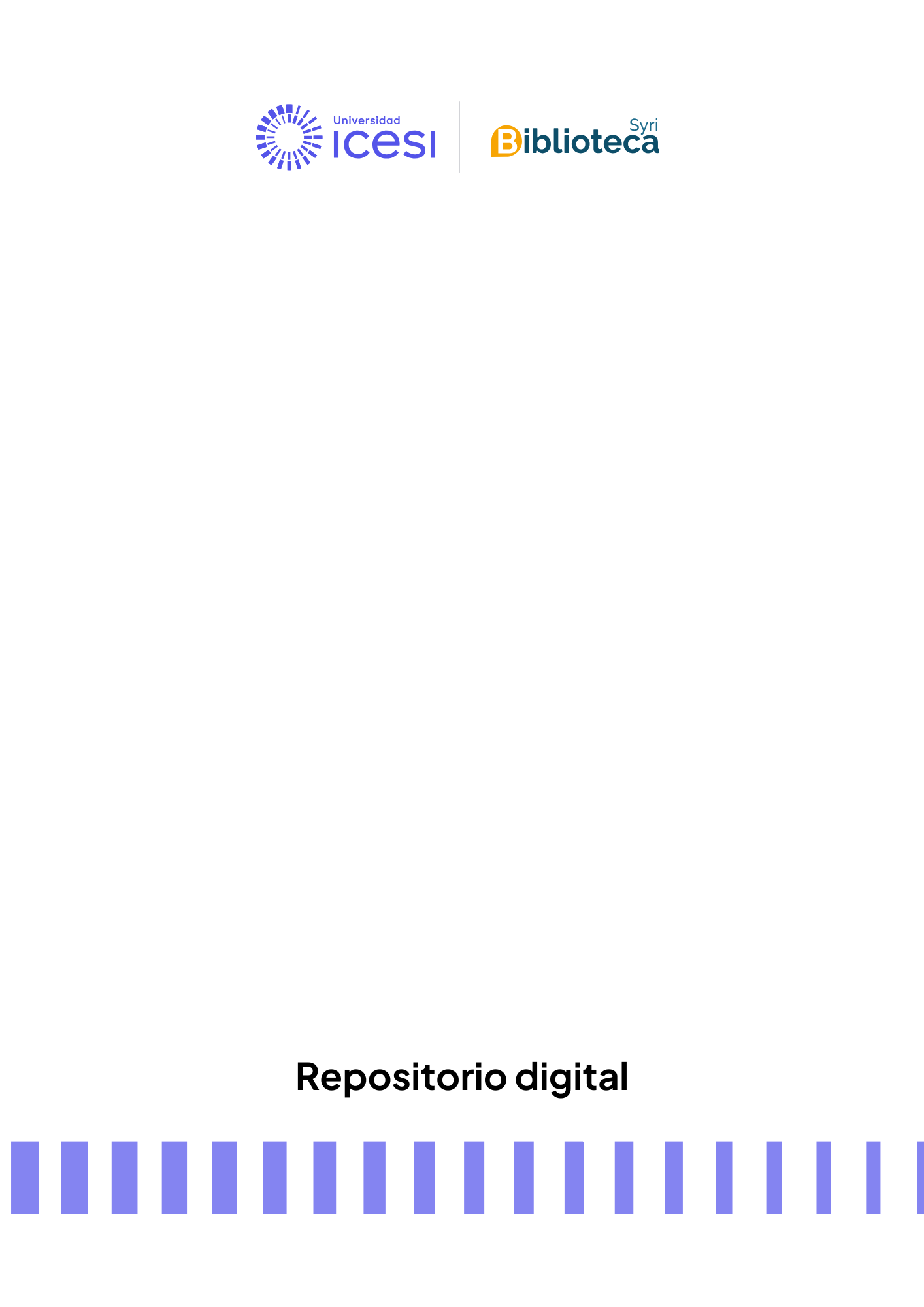Overcoming social segregation in health care in Latin America

Archivos
Fecha
Autores
Director de tesis/Asesor
Título de la revista
ISSN de la revista
Título del volumen
Publicador
Editor
Compartir
Resumen
Latin America continues to segregate different social groups into separate health-system segments, including two separate public sector blocks: a well resourced social security for salaried workers and their families and a Ministry of Health serving poor and vulnerable people with low standards of quality and needing a frequently impoverishing payment at point of service. This segregation shows Latin America's longstanding economic and social inequality, cemented by an economic framework that predicted that economic growth would lead to rapid formalisation of the economy. Today, the institutional setup that organises the social segregation in health care is perceived, despite improved life expectancy and other advances, as a barrier to fulfilling the right to health, embodied in the legislation of many Latin American countries.

